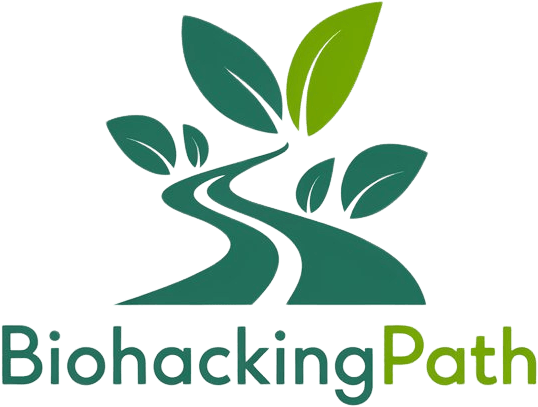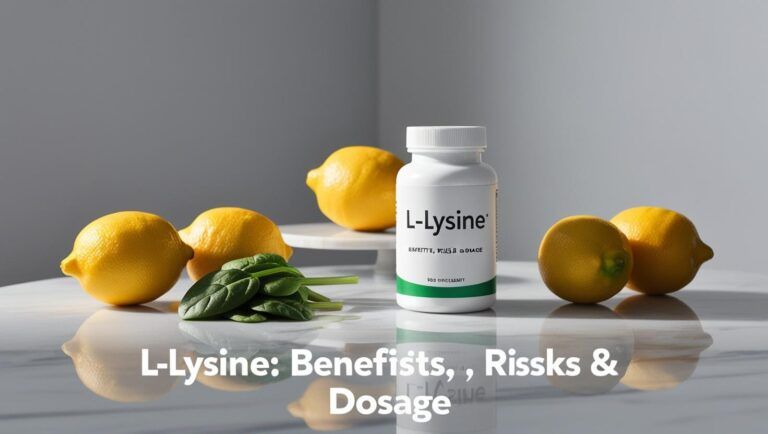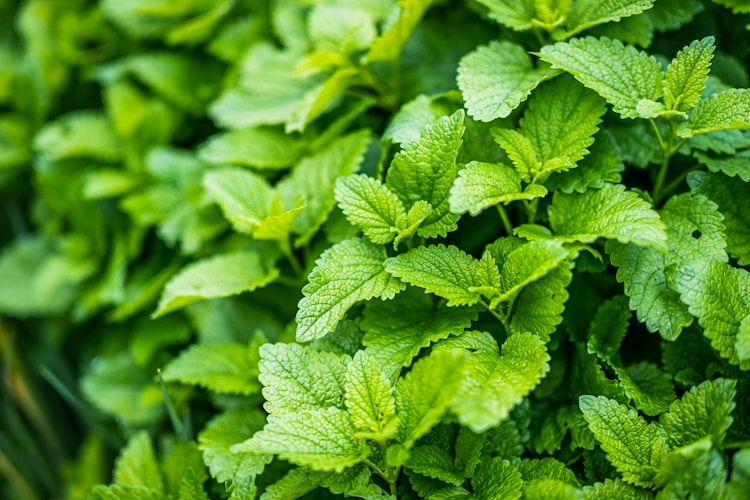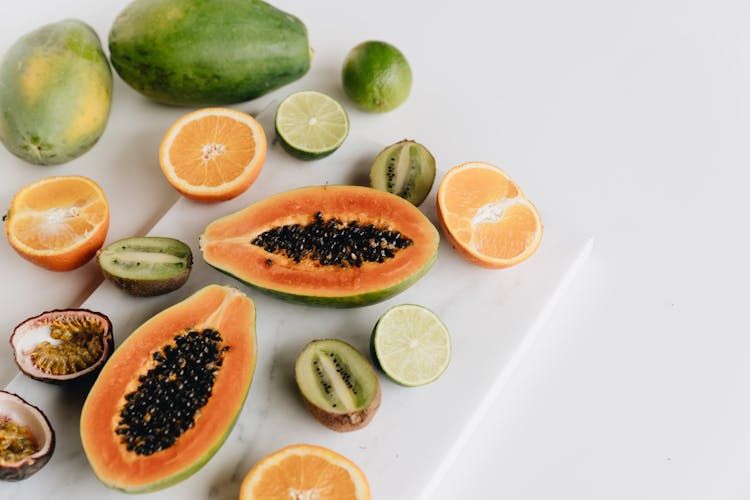Top 7 Benefits of Taking Resveratrol
In this article, we’ll explore everything you need to know about the benefits of taking resveratrol, from its natural sources to how to incorporate it into your routine and also the potential side effects to help you decide if it is a good fit for you or not.
Ever had one of those moments where you’re savoring a glass of red wine or popping sweet grapes, and thought “This just feels good for my body”? Well, your instincts are onto something pretty exciting! There’s this fascinating molecule called resveratrol hiding in there – think of it as nature’s little wellness wizard.
What Is Resveratrol?
Let me share something fascinating about resveratrol – it’s like having a brilliant biochemical multitasker in your body! Picture this: at its core, it’s a sophisticated polyphenol compound that works as an antioxidant superhero, swooping in to neutralize those troublemaking free radicals that can wreak havoc on your cells.
But here’s where the science gets really exciting – resveratrol doesn’t just play defense. It actually activates these incredible proteins called sirtuins, which are like your body’s longevity conductors, orchestrating everything from how you age to how your metabolism hums along.
What makes researchers geek out about resveratrol is its remarkable talent for engaging with multiple biological pathways simultaneously, imagine having a master key that can unlock several different doors to better health!
Natural Sources of Resveratrol
The most known source of resveratrol are grapes, especially it can be found in the skin. This is the reason red wine contains it but it can also be found in other sources:
- Berries: Blueberries, cranberries, and mulberries are excellent options.
- Peanuts: Surprising but noteworthy.
- Resveratrol Supplements: They are often derived from Japanese knotweed and provide a concentrated dose.
Health Benefits of Resveratrol
Let’s deep dive into the benefits of taking resveratrol, this new supplement that everyone talks about.

1. Promotes Heart Health
Resveratrol is turning out to be quite the cardiovascular ally, working like a sophisticated molecular guardian for your heart health. The science is pretty remarkable: it helps regulate your cholesterol profile by simultaneously reducing LDL (the troublemaker cholesterol) while supporting healthy HDL levels. But here’s where it gets even more interesting, resveratrol actually helps your blood vessels maintain optimal vasodilation, essentially fine-tuning your circulatory system’s performance.
2. Supports Brain Health
Here’s something fascinating about resveratrol that might blow your mind – it’s one of the few compounds clever enough to slip past your blood-brain barrier, nature’s ultra-selective security system for your brain! Think of it as having a VIP pass to interact directly with your neural networks.
Scientists are particularly excited because this molecular marvel seems to act like a protective shield for your brain cells, potentially helping them stay sharp and resilient against age-related changes.
The really cool part? It’s working multiple angles at once – calming inflammation, fighting off oxidative stress, and even giving your memory systems a helping hand. It’s like having a sophisticated molecular guardian looking out for your cognitive wellbeing.
3. Anti-Aging Properties
Let’s dive into something really exciting about aging, you know how scientists have been trying to crack the code on growing older gracefully? Well, resveratrol is turning out to be quite the fascinating player in this story!
Here’s what’s so cool about it: it actually switches on these amazing proteins called sirtuins in your body – think of them as your cellular youth managers. The neat part? These proteins create the same beneficial effects that scientists see when people reduce their calories, which is one of the few proven ways to influence longevity at a biological level.
But wait, there’s more to this molecular marvel! It’s also like having a sophisticated shield against oxidative damage, you know, that pesky process that makes our cells show their age.
By protecting your cells at this fundamental level, resveratrol helps keep everything from your skin to your deepest tissues functioning more like their younger selves. Isn’t it amazing how one compound can tap into such complex aging pathways?
4. Boosts Immune Function
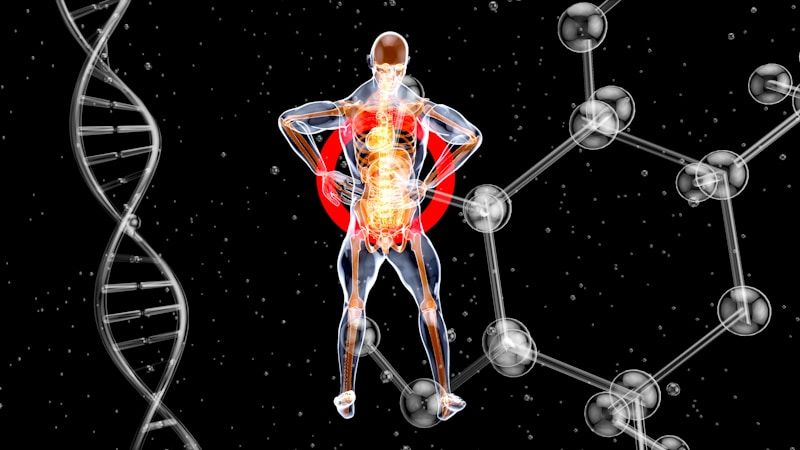
Want to hear something really cool about boosting your immune system? There’s this fascinating molecule called resveratrol that’s like your body’s defense coach, and scientists are pretty excited about what it can do!
At a molecular level (here’s where it gets interesting), it helps your immune cells work together like a well-trained team. It’s brilliant at balancing inflammation – think of it like a skilled conductor keeping your immune orchestra in perfect harmony.
Dealing with seasonal sniffles? This natural powerhouse might be your new best friend! Isn’t it amazing how science keeps discovering these sophisticated helpers in everyday foods?
5. Supports Metabolic Health
You know how your body processes sugar and manages weight? Well, resveratrol might be one of your metabolism’s best allies! At a molecular level, it helps fine-tune your insulin sensitivity – think of it like upgrading your body’s sugar-management software.
It was found it actually helps your cells respond better to insulin, making it easier for your body to maintain healthy blood sugar levels. Plus, it’s like having a sophisticated metabolic coordinator helping you maintain a healthy weight.
6. Combats Chronic Inflammation
Let me share something fascinating about inflammation that might change how you think about your body’s defense system! You know how your body responds when you bump your knee? That swelling and redness is actually inflammation doing its job – like calling in the emergency response team.
But here’s where it gets really interesting – and this is what has scientists excited. Sometimes this emergency response gets a bit too enthusiastic and stays switched “on” for too long. Think of it like having an overactive alarm system that just won’t quit!
That’s where resveratrol comes in with some pretty amazing molecular magic. At a cellular level, it’s like having a skilled mediator that knows exactly which biological switches to flip, helping calm down those overactive inflammatory signals.
It targets specific enzymes and messenger molecules that are like the body’s inflammation DJ’s, keeping them from playing their inflammatory tune too loud or too long.
7. Potential in Cancer Prevention
Picture cancer cells as these overenthusiastic copycats that just won’t stop multiplying. What makes resveratrol so intriguing is how it seems to interact with these troublemaker cells in two really sophisticated ways.
First, it’s like having a molecular brake pedal that helps slow down their rapid multiplication. But here’s where it gets even more interesting, it can also trigger something scientists call apoptosis, which is essentially the body’s way of saying “time’s up!” to cells that aren’t playing by the rules.
The early research is showing some pretty promising results, especially when it comes to certain types of cancer like breast, prostate, and colon cancer. While scientists are still uncovering all the molecular details (you know how meticulous research needs to be!), what they’re seeing in the lab has them genuinely excited about resveratrol’s potential role in our cellular defense toolkit.
Dosage and How to Take Resveratrol
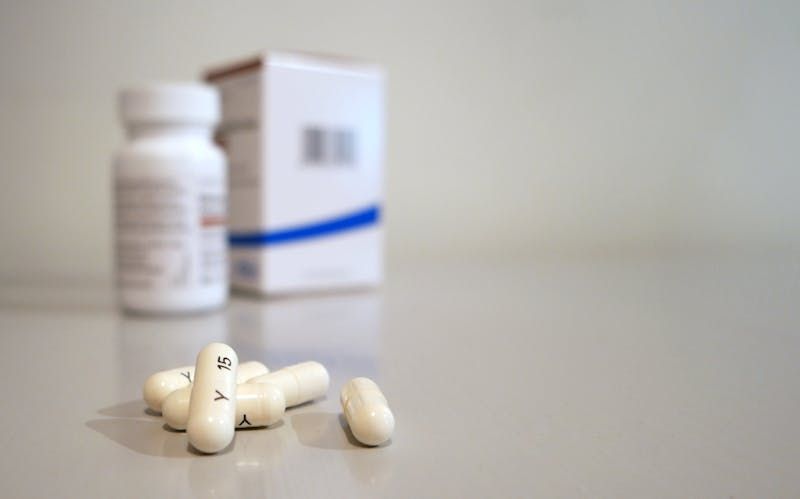
The optimal dose depends on your health goal. The normal daily intake to get the benefits of taking resveratrol is between 100-500mg daily and it is recommended to get it via supplements as from food it is pretty impossible.
If you are targeting specific health issues and you want to take a higher dose, always consult with your doctor and take it under medical supervision as resveratrol also has some potential risks which we are treating below.
Possible Risks and Side Effects of Resveratrol
Since we talked about the benefits of taking resveratrol, let’s see the side effects also.
Gastrointestinal Issues
Taking high doses of Resveratrol can irritate your digestive tract and can cause nausea, diarrhea, or abdominal discomfort like bloating and gas.
Dizziness or Fatigue
If you take high doses, you might experience dizziness or fatigue.
Hormonal Effects
Resveratrol can act like estrogen in the body which means it can cause trouble for people who already have hormonal conditions like breast or ovarian cancer.
Reduced Iron Absorbtion
Resveratrol can lower your body’s ability to absorb iron and may be problematic for those who already have deficiencies.
Unknown Long-Term Safety
There is not enough research to confirm if high doses or long term supplementation with resveratrol is safe. This is why it is important to monitor how your body reacts when starting new supplements.
Who Should Avoid Resveratrol?
Resveratrol should be avoided if:
- Pregnant or breastfeeding
- Taking blood thinning or blood pressure medication
- You have hormonal conditions like breast cancer
Resveratrol in the Market
Choosing the right supplement can be overwhelming sometimes. Here is a list of things to watch when choosing your resveratrol:
- Third-party certification
- Extracted from Japanese knotweed
- Doesn’t contain unnecessary fillers and additives
BiohackingPath searched for Resveratrol supplements that respect the quality standards:
Key Takeaways
What makes resveratrol particularly fascinating is how it orchestrates multiple biological responses at once. The benefits of taking resveratrol start from acting as your cardiovascular system’s personal bodyguard to helping your brain cells maintain their peak performance. This compound is showing some pretty incredible versatility at the molecular level. And what’s really captivating researchers is how it seems to influence our body’s aging processes and help defend against chronic health challenges.
Here’s the practical takeaway: whether you’re getting your resveratrol fix through your favorite foods (which is not really enough) or considering supplements, consistency is key – think of it as giving your body regular doses of molecular support. But remember, everyone’s biological symphony is unique, so it’s always smart to chat with your healthcare provider about how to best incorporate resveratrol into your personal wellness strategy. They can help you fine-tune the approach that works best with your body’s individual needs.
Since you are interested in this longevity and anti-aging supplement, you might also be interested in our article on “How To Build Collagen Naturally After 30”.
This article was inspired by the following studies:
- Resveratrol: A Double-Edged Sword in Health Benefits
- Health Benefits and Molecular Mechanisms of Resveratrol: A Narrative Review
- Oregon State University – Resveratrol
- Potential Adverse Effects of Resveratrol: A Literature Review
Stay in Touch!
Ready to unlock your full potential? Subscribe to our newsletter for the latest in biohacking tips, tools, and strategies to optimize your health and performance!
This post may contain affiliate links, which means we may earn a small commission if you make a purchase through them, at no extra cost to you.
